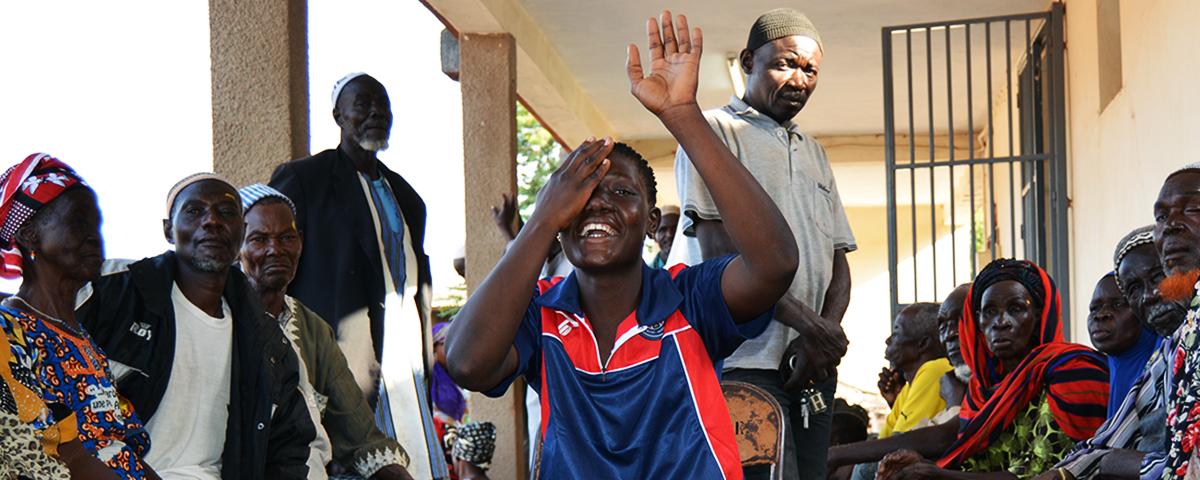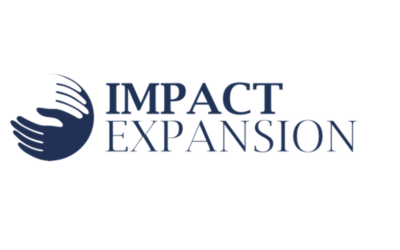Not-for-profits and social enterprises can play as significant roles as governments and businesses in addressing unmet social needs and promoting social equity. We, at KOIS, have worked with many of these third-sector organisations to enhance their impact by strengthening their operational and financial performance. Along the way, we have discovered and met with inspiring leaders committed to our world’s key issues. From creating more quality jobs for those furthest removed from the labour market, to protecting children and preventing family separation and today’s topic: increasing access to life-changing eye surgeries for fragile communities with Light for The World Belgium (LFTW).
Such impactful organisations all started with a compassionate entrepreneur committed to transforming a great idea into a successful innovation. However, scale-up requires new and different skills. Entrepreneurs are expected to reinvent themselves, adapt their processes and organisational structure, boost their operational efficiency and professionalise their management with new governance and reporting schemes. Financial sustainability also becomes important to attract new sources of financing, given how limited grant funding is.
Over the years, we have accompanied several NGOs and social enterprises along this scale-up journey. In this article, we present how we helped Light for the World Belgium identify ways to improve the operational performance and financial self-sustainability of their ophthalmologic centres in the Democratic Republic of the Congo. This, with the aim to attract new sources of funding for their scale-up plan.

Case study: From grant funding to more sustainable financing solutions to support scale-up
Light for the World Belgium currently runs four ophthalmological centres in South-DRC. These delivered more than 125,000 consultations and 6,000 surgeries in 2019. Underprivileged patients receive treatment free-of-charge or at subsidised prices through the centres’ social service units. By 2024, the NGO is looking to open seven new centres, covering all the provinces of South DRC. While the first centres have been financed through ad-hoc grant funding, LFTW is considering more sustainable financing solutions for its scale-up plan.
From 2018 to 2020, we supported LFTW with their 10-year scale-up plan. Working closely with LFTW’s team, we uncovered opportunities to improve the operational efficiency and financial self-sustainability of the existing centres. This, without compromising LFTW’s mission to guarantee access to quality eye care for all. Our recommendations draw on four key drivers: the four C’s.
Capacity utilisation
While centres’ capacities (i.e. % utilisation of a centre’s infrastructure and human resources) to conduct consultations are overall well utilised, surgery capacities are under-utilised. The use of medical staff is uneven as a result of unoptimized nurse-to-doctor ratios. LFTW can improve this by first increasing numbers of patients through outreach and awareness campaigns. Creating incentives to increase patient referrals by a network of peripheral healthcare centres can also help. Secondly, by redesigning the infrastructure of new centres, and resizing medical staff to optimise capacity utilisation.
Conversion rates
Cross-subsidisation
Surgery is a minor revenue stream due to low volumes and high subsidisation rates by the centres, where up to 65% of patients are partially or fully sponsored. Revising LFTW’s pricing strategy (e.g., multi-tariff grid) can improve self-sustainability, by better reflecting services’ costs and allowing for cross-subsidisation.
Consolidated data collection
Data is still collected manually and in a segmented way across services. Centers could improve the monitoring of key performance indicators (e.g., conversion rates, amount of subsidies granted by the social service) regularly enough. Systemising and harmonising data collection processes across centres and digitalising data collection tools can improve performance management and facilitate decision-making through real-time tracking.
Following these findings, we organised a series of workshops in the DRC with LFTW and the local centres’ management teams. Together we designed an operational efficiency action plan with key performance indicators and with ambitious but realistic targets. We also modelled a centre’s new ‘optimum,’ as the basis for a multi-year financing plan for LFTW’s scale-up strategy.
Reaching the ‘Optimum’ drives each centre’s operational self-sustainability. Depending on their time to reach the ‘Optimum’ and on their profile (e.g., size, location), all new centres have the potential to be EBITDA positive (some as soon as Year 1). This paves the way for result-based financing and/or return-seeking capital.

The road ahead: Enhancing operational performance to attract new sources of funding
LFTW started implementing the new operational plan and its business model strengthening components in existing centres. As early signs of improved operational efficiency and self-sustainability appear, LFTW will be in a strong position to reach out to potential funders in 2021.
Our experience on this project confirmed that improved operational and financial performance can be achieved without compromising the vision and mission of social enterprises. We are committed to helping many other impactful organisations increase the breadth of their impact. We will continue enhancing their operational efficiency, explore new ways to improve their financial autonomy and attract funding at scale.
About the authors
Juliette Averseng is a Senior Associate at KOIS Brussels




